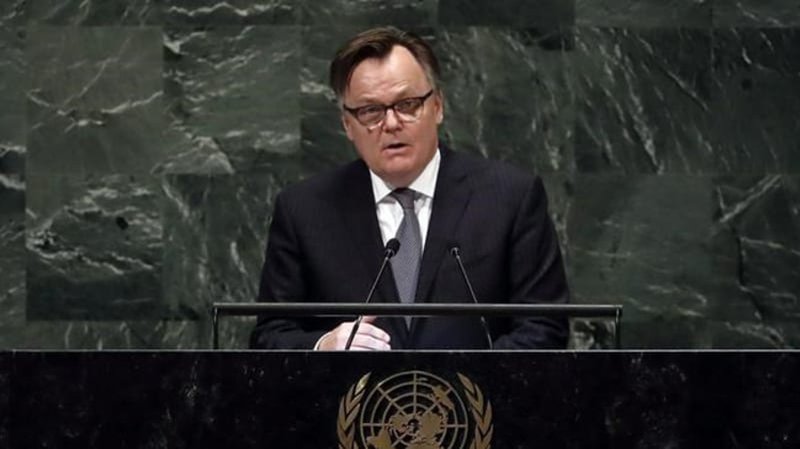
UN sets pandemic voting rules for Canada’s Security Council campaign
OTTAWA — The United Nations has confirmed that the election for non-permanent seats on the Security Council — which pits Canada against Norway and Ireland — will take place in June under unprecedented new rules to prevent the spread of COVID-19.
The 193 ambassadors will cast their votes on behalf of their countries in a secret ballot with the three candidates vying for two available temporary seats on the UN’s most powerful body.
But the vote won’t take place during a full meeting of the General Assembly because New York has become the epicentre of the COVID-19 outbreak and that has forced UN diplomats to work from home and rely on videoconferencing.
Instead, the ambassadors will be notified in advance to come to a designated venue at UN headquarters — a staggered, solitary procession that will see the world’s leading diplomats presenting their UN security passes and then being given paper ballots.